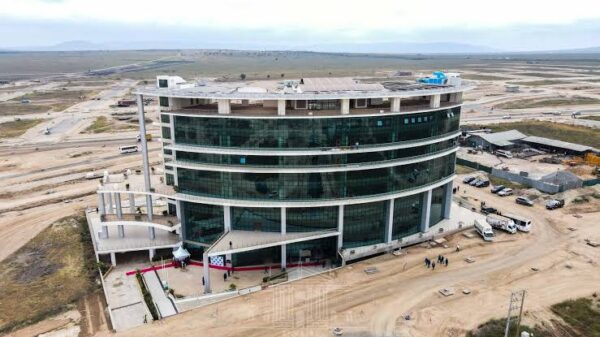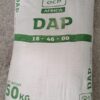BERLIN, Sep 11 – General Motors\’ decision to sell its European unit Opel to a Canadian firm backed by Russian finance raised questions Friday on the thorny issue of layoffs.
Thursday\’s deal, struck some two months after the US auto giant emerged from bankruptcy, ensures the temporary survival of Opel, which includes Vauxhall in Britain and employs 50,000 people in Europe.
But Canadian auto parts maker Magna and its partner, state-owned Russian bank Sberbank, have said they would likely cut 10,000 jobs as part of the purchase.
The deal covers all of GM\’s European operations except Swedish unit Saab, which is being sold to Swedish sports car maker Koenigsegg and Beijing Automotive Industry Holding Co Ltd (BAIC).
Magna and Sberbank will acquire a 55-percent stake in what is to be called "New Opel," with the Detroit giant retaining 35 percent. Employees would hold 10 percent.
There were strong indications that Germany would be spared the worst job cuts, at other countries\’ expense.
GM vice-president John Smith said Magna and Sberbank were considering "winding down" Opel\’s plant in Antwerp, Belgium and shifting some production from Zaragoza in Spain to Eisenach, Germany.
German Chancellor Angela Merkel, running for re-election this month, hailed the deal after months of fraught negotiations. Half of Opel\’s employees are in Germany.
"I am exceptionally happy about this decision, which is along the lines of what the government wanted," a visibly relieved Merkel told reporters.
"This was not easy. It is now possible for Opel and GM Europe to start afresh."
Britain\’s Business Secretary Peter Mandelson said he was upbeat about the future for Vauxhall\’s workforce in Britain.
"I have had four face-to-face meetings with Magna in the last couple of months. I am satisfied about their commitment to Vauxhall\’s plants," he said.
"The government will now discuss our share of the funding of the deal and I expect to tie down the details of this in the near future."
But workers at the two Vauxhall plants were less upbeat.
"We don\’t know what\’s going on. We\’re not quite sure yet. Everybody\’s quite fed up about it," said one factory worker.
"I\’m absolutely devastated, for the simple reason it doesn\’t secure the long-term future for this place. The morale is low," said another.
Kris Peeters, the head of the government of Belgium\’s Flanders region, said he hoped for European intervention if the Antwerp plant was closed, adding that about 12,000 people would be affected in all.
"If Germany says it has put 4.5 billion euros against the promise that no German unit will be closed down but the Antwerp factory will be shut, I hope the European Commission will clearly say that this is not possible.
"We have also put millions of euros on the table," he said, adding: "It has not been totally finalised but the situation in Antwerp is very serious. There is only a tiny bit of hope."
Merkel had been pressing GM since May to sell the operations to Magna and the Kremlin-controlled Sberbank.
To up the pressure, Berlin went as far as to offer a 4.5-billion-euro (6.5-billion-dollar) financing package — sweeteners that were not available to a rival bidder, Brussels-based investment group RHJ International.
GM has owned Opel since 1929.
The US auto maker said there were still "several key issues" to be finalised over the coming weeks, but Merkel expressed confidence the sale would go through.
The board of GM — majority owned by the US government since the company emerged from bankruptcy in July — also considered keeping hold of Opel.
The powerful head of Opel\’s works council, Franz Klaus, had warned of a "cost-cutting orgy" if that had come to pass, threatening protests if German factories were closed.
Terms were not disclosed, but Magna and Sberbank said "the offer contemplates a total equity investment by the consortium of Euro 500 million over time."
In Moscow, business newspapers on Friday judged Russia as a winner from General Motor\’s decision to sell Opel to Magna and Sherbank.
"Half a billion for intellectual property," headlined the financial daily Vedomosti, referring to the 500 million euro equity investment envisaged by the consortium.
"The most controversial moment in the negotiations was the question over Opel\’s technology and intellectual property. GM did not want to give it away to the new owners but made concessions," it said.
The announcement was a rare piece of good news for the Russian car industry, until last year a star performer in Europe but which has been hit by plunging domestic demand due to the global economic crisis.
"Opel comes to Russia," added the business paper RBK. "The Russian auto industry was focused on this deal and has been awaiting the new technology with impatience."


































